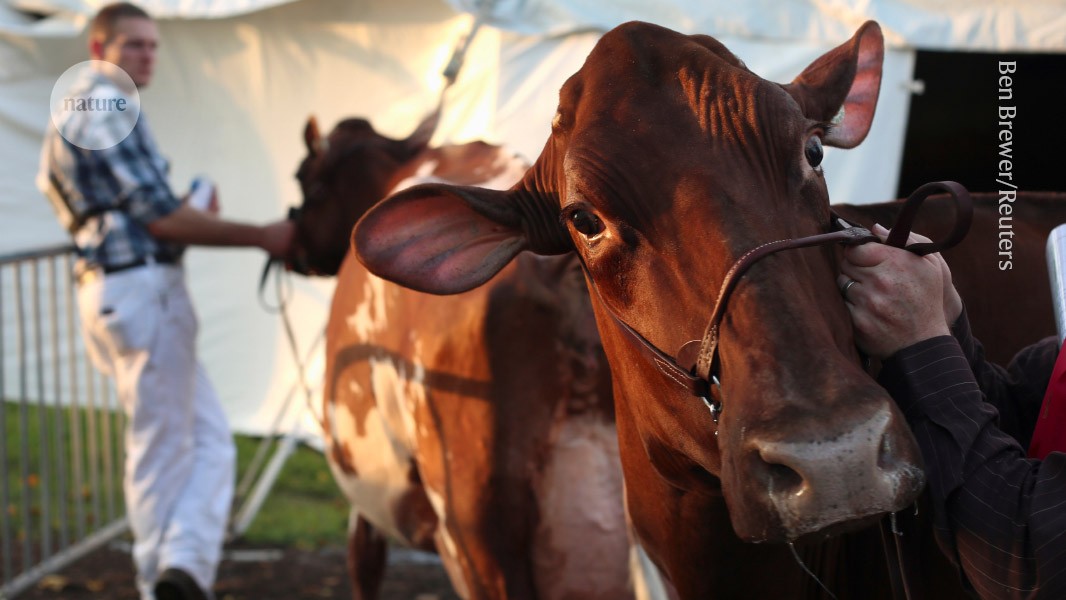The U.S. Supreme Court on Tuesday declined to hear a Missouri college’s challenge to a federal directive that shields transgender people from housing discrimination.
The College of Ozarks in Point Lookout, Mo. first sued the Biden administration in April 2021 over its Fair Housing directive.
After the Department of Housing and Urban Development (HUD) updated its interpretation of the Fair Housing Act (FHA) to also be inclusive of transgender people, the private Christian college filed the lawsuit in attempt to prohibit trans students from living in dorms that align with their gender identity.
Lawyers for the school argued the directive “forces religious schools to violate their beliefs by opening their dormitories, including dorm rooms and shared shower spaces” to trans people.
However, lower courts, including a trial judge and the Eighth Circuit Court of Appeals, have sided with the federal government, saying the school didn’t have any legal standing because it hadn’t “alleged any past, current, or threatened enforcement of the Memorandum or the FHA against it or any similarly situated college.”
Earlier this year, the school appealed to the Supreme Court, arguing the Biden administration had denied the Christian college a procedural right to comment on the proposal before its implementation.
Lawyers for the College of Ozarks — whose mission is to “develop citizens of Christlike character who are well-educated, hard-working, and patriotic” — also told the Supreme Court in its appeal that “its faith teaches that sex is based on male-female biology, not gender identity,” according to USA Today.
On Tuesday, in an unsigned order, the justices declined to take up the appeal of the lower court ruling.
The HUD announcement in April 2021 followed the landmark case Bostock v Clayton County, when the Supreme Court held that workplace prohibitions on sex discrimination indeed included discrimination because of sexual orientation and gender identity.




:quality(70)/cloudfront-us-east-1.images.arcpublishing.com/tronc/L6YTLISA7VGINBPN32KCSV7X4Q.jpg)

More News
Yankees tee off on Justin Verlander, improve to 5-0 vs. struggling Astros
Filmmaker John Waters hospitalized after car crash in Maryland
Kai Cenat won’t be prosecuted for Union Square riot sparked by PlayStation 5 giveaway